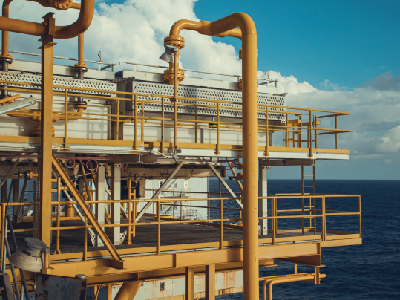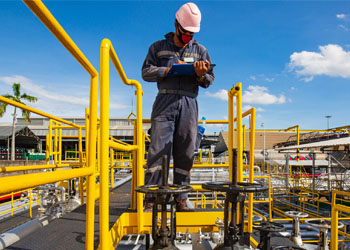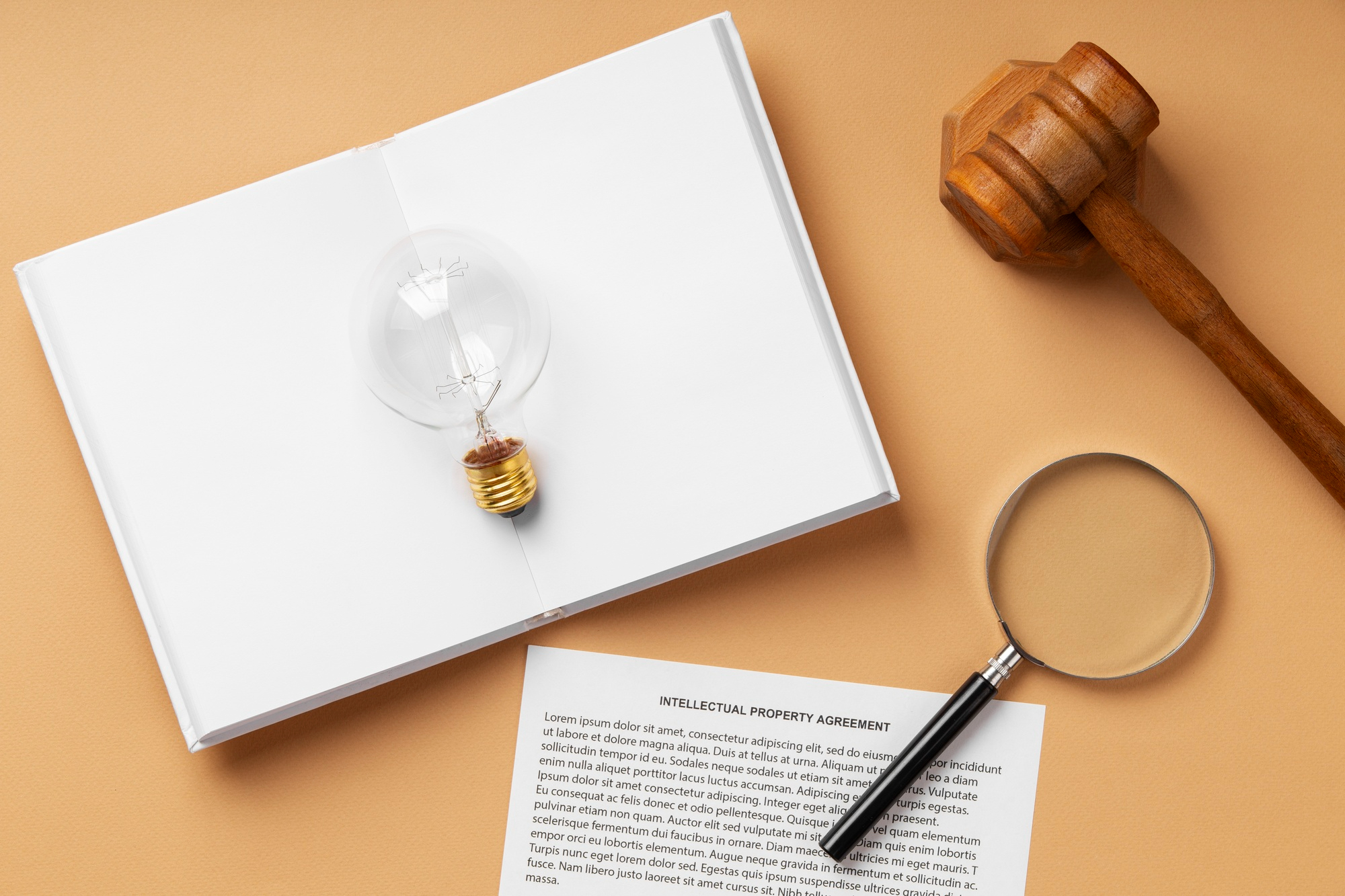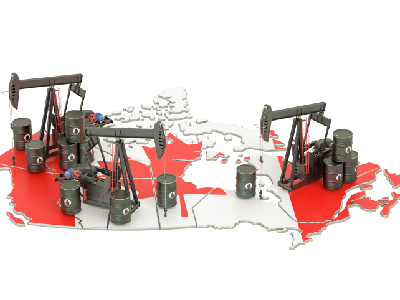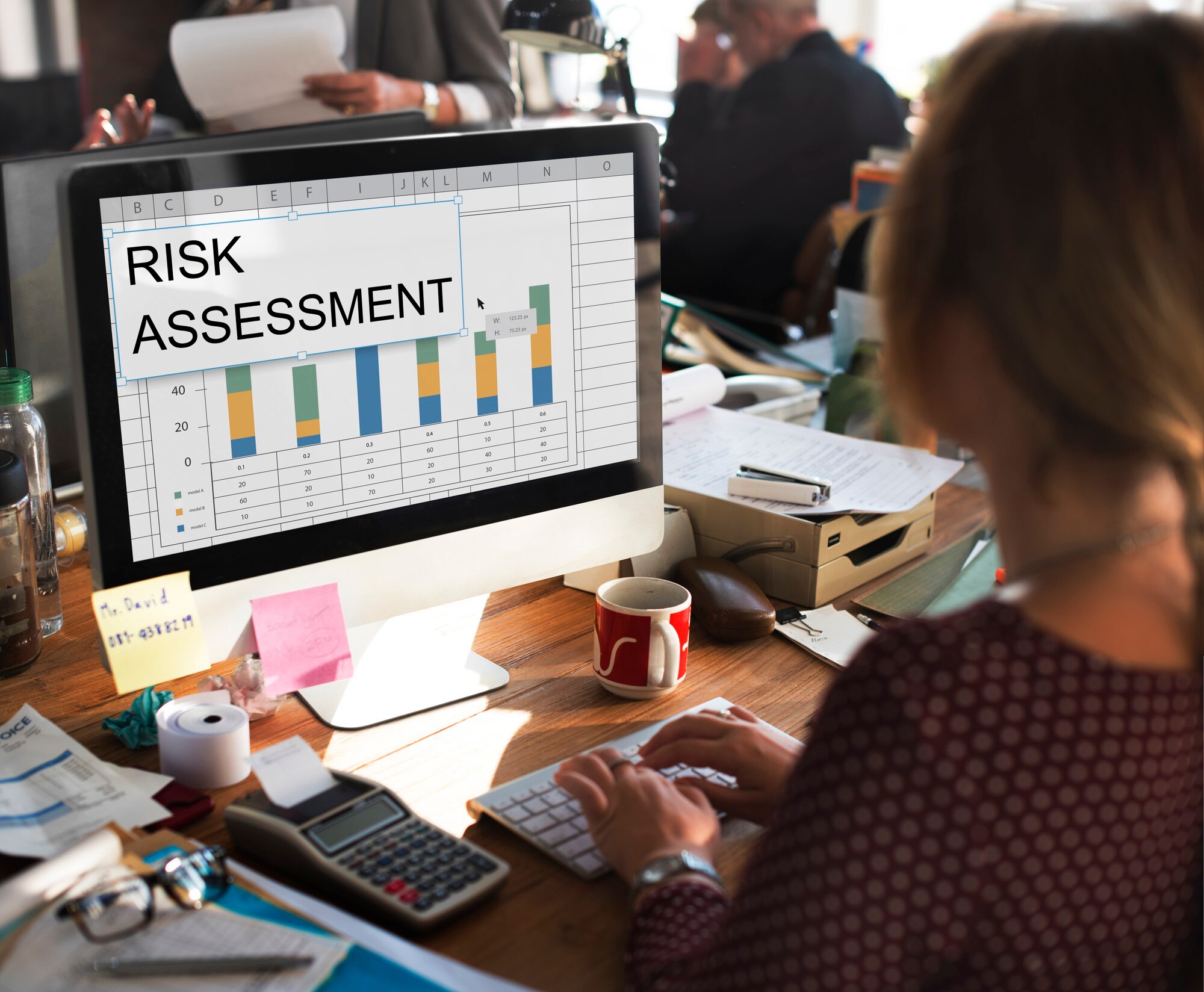Analysis and quality inspection of refined petroleum products
Course Overview
Refining products such as gasoline, diesel, and jet fuel are critical factors affecting the operational performance of oil refineries, customer satisfaction, and compliance with environmental and health standards. Ensuring the quality of these products requires the use of advanced testing and analysis techniques to ensure their alignment with the required specifications and international standards. This training program aims to equip participants with the knowledge and skills needed to analyze and test the quality of refined petroleum products using the latest tools and methods, with a focus on applying best practices to ensure product quality and improve operational efficiency.
Course Objectives
- Understanding the Basics of Analyzing and Testing the Quality of Petroleum Products: Learn about the international standards and specifications that refined petroleum products must comply with.
- Improving Skills in Chemical and Physical Testing Techniques: Gain proficiency in using modern tools and equipment to analyze the quality of products.
- Developing Strategies to Ensure Compliance with Standards: Acquire the ability to design and implement inspection plans to ensure compliance with local and international standards.
- Applying Continuous Monitoring and Analysis Techniques: Learn how to use monitoring and analysis tools to ensure the ongoing improvement of product quality.
- Getting Familiar with the Latest Developments in Testing and Analysis Techniques: Gain knowledge of the latest tools and technologies used in testing the quality of petroleum products.
Target Audience
- Quality and control engineers in oil refineries.
- Workers in chemical testing and analysis laboratories for petroleum products.
- Production managers in refineries and refining units.
- Specialists in compliance with environmental and health standards.
- Quality and development managers and supervisors in the oil and gas sector.
Course Modules
Application of continuous monitoring and analysis techniques
- How to use monitoring tools such as automatic meters and environmental sensors.
- Strategies for monitoring waste and using continuous analysis tools to ensure effective management.
- Examples of modern monitoring applications to improve the efficiency of waste management in refineries.
- Develop plans for using monitoring techniques in daily inspection and analysis.
- Continuously evaluate and improve the effectiveness of monitoring and analysis tools.
Understanding the basics of petroleum product quality analysis and testing
- Defining the concept of petroleum product quality and its importance in the market.
- Review international standards and technical specifications for refined products such as ASTM, EN, ISO.
- How to determine basic chemical and physical properties such as density, viscosity, flash point, and sulfur content.
- Examples of standard inspection procedures for petroleum products in refineries.
- Develop quality assurance plans based on operational requirements.
Improving skills in using chemical and physical examination techniques
- How to use spectroscopy techniques to detect chemical components.
- Strategies for applying gas chromatography (GC) and high-performance liquid chromatography (HPLC) to fuel quality inspection.
- Examples of applications of modern analytical techniques to improve product quality.
- Develop skills in operating and maintaining chemical and physical testing instruments.
- Evaluate the effectiveness of different screening techniques and make continuous improvements.
Develop strategies to ensure compliance with standards.
- How to prepare and implement inspection plans to ensure compliance with local and international standards.
- Strategies for achieving compliance with specifications and reducing operational risks.
- Examples of successful quality assurance plans in oil refineries.
- Develop plans to improve compliance and ensure full compliance with legal requirements.
- Evaluating the impact of compliance with standards on product quality and refinery performance.
Learn about the latest developments in inspection and analysis techniques.
- Review of the latest tools and technologies used in analyzing and inspecting the quality of petroleum products.
- Using technology such as artificial intelligence and the Internet of Things (IoT) to analyze and improve product quality.
- Examples of modern technology applications to improve the performance of inspection operations in refineries.
- Develop strategies for integrating technology into daily inspection and analysis operations.
- Evaluate the benefits and challenges of applying modern technologies in product quality assurance.
Instructor
Name: Professor Amani Jozaa
Specialization: Management Consulting, Personal Development, and Training Program Management
Certificates: Leaders for Democracy Fellowship (LDF) UDL Certificate from ICEB
Core Programs Trained: Personal Development and Persona Program Interactive Learning and Leadership Skills Team Building and Project Management
Bio: Amani Jouzaa, a management consultant and trainer specializing in personality development and leadership skills, holds a Pioneers of Democracy Fellowship and a UDL certificate from ICEB. She has participated as a speaker in more than 40 international conferences, and runs innovative training programs such as the Persona program with Classera in the Middle East. She has extensive experience in implementing personality development projects with the Jubilee Institute and educational and interactive initiatives.
- Languages: Arabic
- Program Levels: operational and technical level
- Venue: Company Headquarters
- Hours: 20
- Location:



.jpg)

